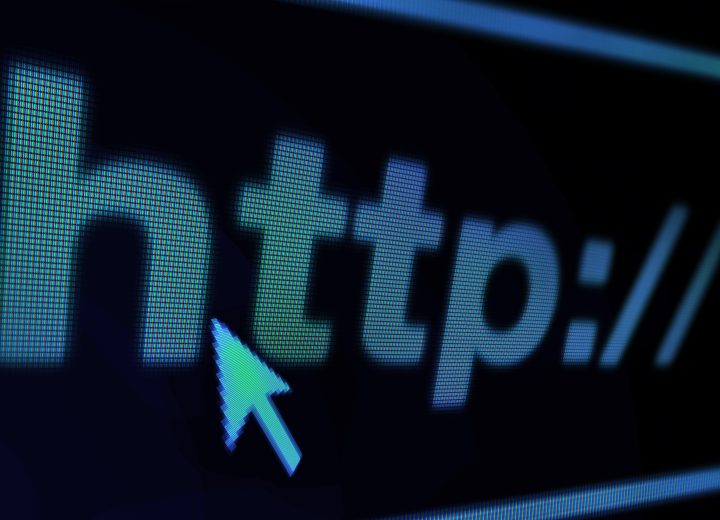Don’t Let Backlinks Dominate Your PR Strategy
Backlinks – links to your website from another website – have been a significant factor in how search engines rank websites since the early 2000s. In the world of search engine optimisation (SEO) they’re like votes of recommendation from other websites.
So it’s only natural that more and more businesses are spending time building online links and actively seeking backlinks from other sites to boost their search engine rankings. It’s become a central pillar of digital PR, whereby businesses try to leverage online channels to enhance their visibility and reputation.
But while all this digital link chasing is going on, what’s happened to old-fashioned PR and media relations? Has it completely lost its relevance?
Backlinks burning bridges
I ask the question because a post on Linkedin caught my eye a few months ago. Journalist Jane Hamilton received a press release from a PR agency and used it to write a positive story which appeared in The Sun online and in print. A great result for the agency, you might say, and a nice story for the journalist too.
But not so fast. The agency wasn’t satisfied with the juicy coverage as it didn’t include a backlink to their client’s website. So the PR contacted the journalist demanding a credit and a direct link to the source. “All our emails, including press releases and comments, are covered under a Creative Commons license,” they said. (The spelling error only made their demand more irritating.)
The result? One annoyed journo, who promptly removed herself from that agency’s mailing list, meaning no more coverage not only for that unfortunate client, but for any of that agency’s clients.
Hamilton was understandably flabbergasted by the agency’s attitude. “I absolutely understand that there is pressure from clients for links, but wider exposure and brand building matter too,” she wrote on LinkedIn.“Relationships between PRs and journos matter also – and this is not how you build them.”
The many comments on the post suggest she’s right. While backlinks have their place, and are useful tools for improving your website’s SEO, they’re certainly not worth jeopardising your relationship with an important journalist who has hitherto been happy to write about you or your clients.
Digital PR is still public relations, and a PR’s relationships with journalists and publishers are crucial. If we lose sight of the importance of relationships and storytelling, and focus solely on what’s trackable and measurable, then we have forgotten what PR is for and how it works.
As one commenter wrote (a former account manager at Shooting Star as it happens): “It’s called ‘earned’ media for a reason – you have to earn it through relationship building, providing relevant, authentic data and stories. Otherwise, pay for the ad space!”
Backlinks do matter
Let’s be clear: backlinks do matter. When a reputable site links to your website, it can drive traffic and enhance SEO. But a narrow focus on backlinks, which reduces the success or failure of a PR outreach to the existence or not of a backlink, is missing the wider point. If a story about your client appears in The Guardian or on BBC News but doesn’t include a link, is it suddenly worthless? I think not.
Always bear these two points in mind:
- SEO value doesn’t equal reputational value
A backlink from an unknown blogger might technically boost a site’s domain authority, but it won’t carry the weight of an article in a national newspaper or an interview on prime-time radio. PR is ultimately about shaping perceptions, building trust and telling stories that resonate – not just trying to play the Google algorithm.
- Chasing links can damage relationships
As the Jane Hamilton example clearly shows, a transactional approach to PR – badgering journalists for links and treating them as SEO tools rather than as people who can help you tell your brand’s story – risks damaging relationships. Long-term relationships between journalists and PRs are built on trust and mutual respect, not on legalistic demands for backlinks.
You may want your brand to be talked about online, but to achieve that digital exposure still requires human connection, interaction and input. Because at its heart, PR is about people, not platforms.
Getting your story told in the media is great for your brand – even if there’s no backlink. Journalists are gatekeepers to a mass audience, and a well placed story in a respected outlet can shape national conversations, establish thought leadership and create emotional connections. That kind of exposure is far more meaningful in PR terms than a short-lived boost to your SEO.
A story about your brand in the media is a third-party endorsement that money can’t buy. When a journalist tells your client’s story it carries an authenticity and authority that no paid placement or branded content can replicate. It’s called ‘earned media’ for a reason.
And the relationships that help you secure that kind of coverage might well come in handy one day. If a crisis hits or an opportunity knocks, it’s the strength of your media network that determines whether you or your client get a fair hearing. A trusted PR professional who can pick up the phone and secure balanced coverage is invaluable.
So my advice is: be sure to understand the value of backlinks, but don’t let them drive your whole PR strategy. Build real connections with journalists, editors and influencers, and let the links follow naturally when they make editorial sense.
And remember: one standout article in a top-tier publication can be worth more than a dozen link-heavy mentions in obscure blogs.
Great PR starts and ends with strong relationships, compelling stories and credibility. JA










